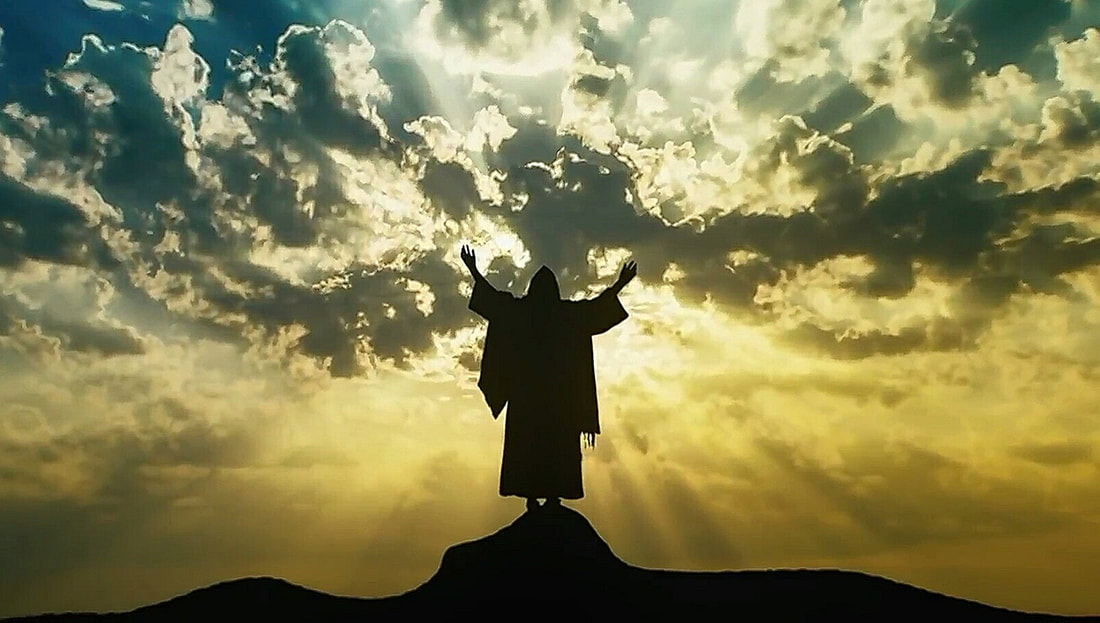|
A Philip Yancey Chapter Summary Christ ascended into heaven after imparting His work to His followers, including healing, gracious blessing, and spreading the good news of God’s love. He sent them as the Father had sent Him (John 16:7, 17:18; Ephesians 3:10). But these people were filled with flaws, constantly forgetting their missions, and making unwise choices. Such trust could bring grief instead of delight to God.
Three parables in Matthew describe the departed Christ: An absentee landlord putting his servant in charge; a bridegroom arriving so late that the guests fall asleep; and a master distributing money among his servants before leaving (Matthew 24:45-25:30). The next parable of sheep and goats warns that one day the departed Lord will return to settle accounts. But before He returns, He turned things over to us. He knew the hungry, lonely, ragged, sick, and imprisoned are with us; in fact, He disguised Himself as such. Christ told us that in serving them in love, we serve God. And when Christ comes back in His glory, He will bless those who served and punish those who ignored the needy (Matthew 25:31-46). Unfortunately, the church is filled with racism, intolerance, and petty legalism. Numerous Christian events conform to the pattern of a fallen world, such as the Crusades, the Inquisition, Christian slave trades, and apartheid. But the church also has brought light to the world, through people like St. Francis, Mother Teresa’s Home for the Dying, Wilberforce’s abolitionism, and General Booth’s Salvation Army. Jesus chose His recruits and appointed them to the tasks (John 15:16). On such weak structures, He built His church, over which even hell wouldn’t prevail. Though His followers keep disappointing Him, He loves them to the end and promises them the kingdom of heaven (Matthew 16:17-19, John 13:1-3). We need to remember that our deadly, prideful nature takes time to change, particularly because we resist such change. We can’t instantly return to the original state God created us. Instead of miraculously intervening in human affairs, Christ chooses to bear the wounds of the church. But if we are willing, God will continue to help us get up from our constant failures, so we become more and more like Him (2 Corinthians 4:7). Summary of “Ascension: A Blank Blue Sky,” Chapter 12 in The Jesus I Never Knew by Philip Yancey. 基督为什么离开我们? 基督升天前向祂的追随者传递了祂的使命,包括医治病人、亲切的祝福和传播上帝之爱的好消息。 祂差遣他们正如天父差遣祂一样(约翰福音 16:7, 17:18;以弗所书 3:10)。 基督信任一群充满缺陷的人,他们不断忘记被托付的使命,做出不明智的选择。 这种信任可能会给上帝带来悲伤而不是喜悦。 马太福音的三个比喻描述了离去的基督:缺席而让仆人负责的地主, 来得太晚而使客人睡着了的新郎, 以及远行前把钱分给仆人的主人(马太福音24:45-25:30)。 接下来是绵羊和山羊的比喻,警告有一天离去的上帝将回来为所发生的一切清算账目。 但在此之前祂将机会交给我们. 祂知道饥饿的人、孤单的人、衣衫褴褛的人、病痛中的人和被囚的人就在我们身边。 事实上祂将自己化装成这些人。 基督告诉我们在爱中服事他们就是服事上帝。 基督在荣耀中回来时祝福那些服事的人,而那些无视身边需要的人将受到惩罚(马太福音25:31-46)。 不幸的是教会里充满了种族主义、缺乏宽容和狭隘的律法主义。 许多基督徒的行为体现了堕落的世界,例如十字军东征、宗教裁判所、基督徒参与的奴隶贸易、 和种族隔离。 但教会也给世界带来了光明,比如圣弗兰西斯的言行、特蕾莎修女建立的临终之家、威尔伯福斯解放奴隶、 以及布斯将军建立的救世军。 耶稣选择祂招募的人,指派他们执行任务(约翰福音 15:16)。祂 在如此脆弱的结构上建立了自己的教会,阴间的权势也无法胜过她。 尽管基督的追随者总是让祂失望,但祂爱他们到底,并将天国应许给他们(马太福音16:17-19,约翰福音13:1-3)。 记住致命的骄傲本性需要时间来改变,特别是当我们强烈抵制这种改变的时候。 我们不能立刻回到上帝创造我们的起初状态。 基督没有不断地用神迹来介入人间的事务,而是选择背负教会的创伤。 但如果我们愿意,上帝会不断帮助我们从持续的失败中站起来,使我们变得越来越像祂(哥林多后书 4:7)。
0 Comments
Leave a Reply. |
Categories
All
|
Proudly powered by Weebly
